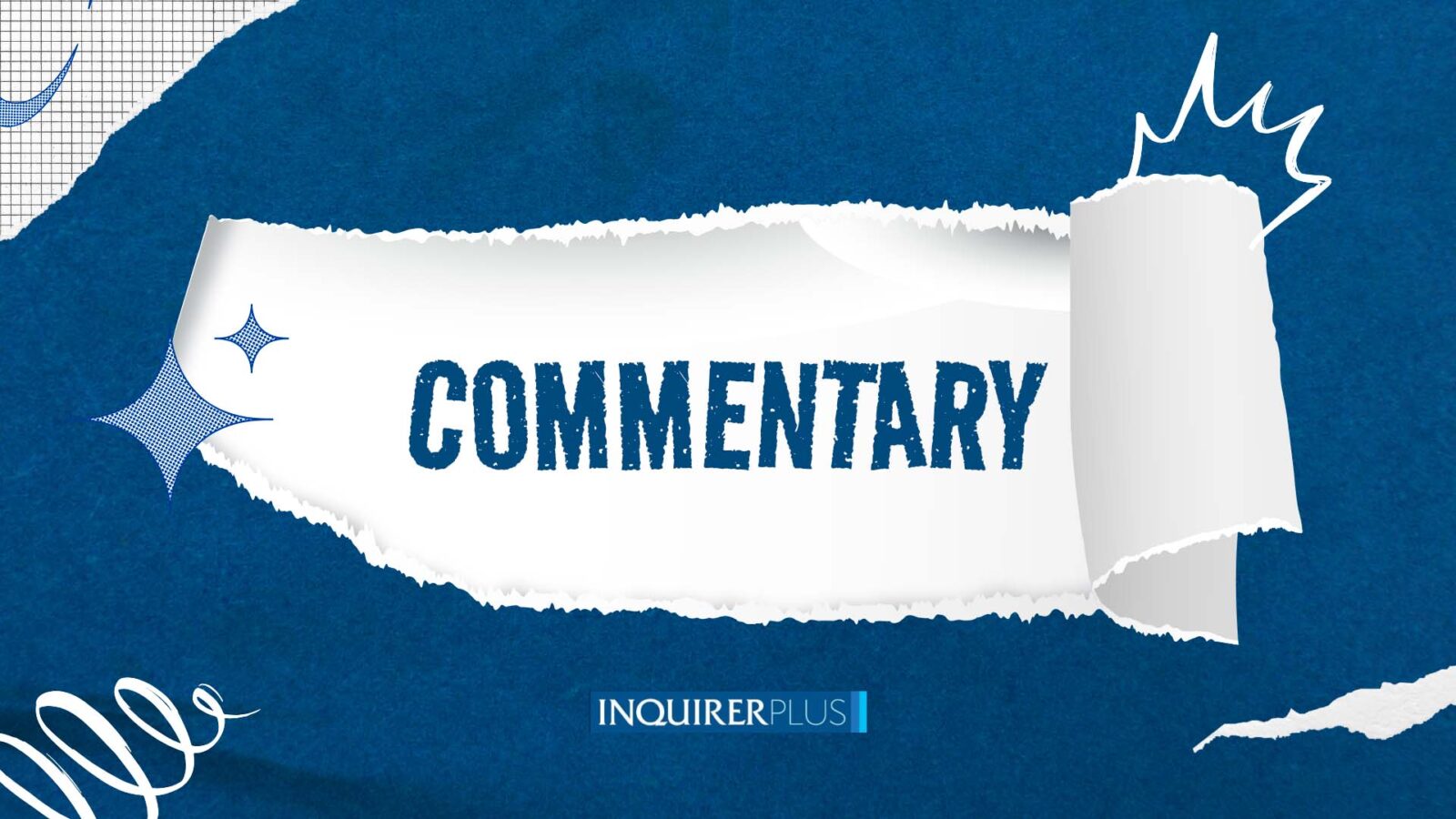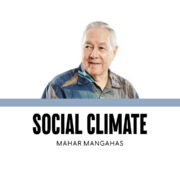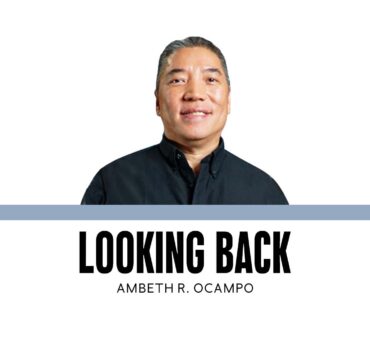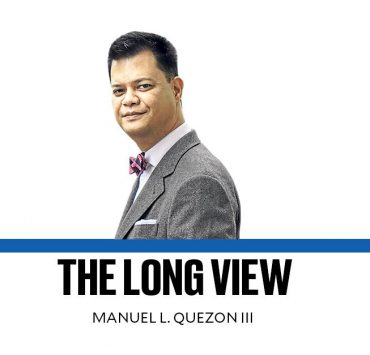Agenda for prosperity and accountability

The budget deliberations for 2026 are happening at a time of great public outrage and criticism over the abuse of funds supposedly for flood control projects. Unfolding details of how taxpayer money was pocketed by greedy individuals, both from the public and private sectors, should compel us to be vigilant and to push for greater transparency and accountability among our officials.
The budget is a good starting point.
For next year, some P6.793 trillion is being proposed by the Executive to the Legislative branch, reflecting a strategic alignment with the country’s development goals. Titled “Agenda for Prosperity: Nurturing Future-Ready Generations to Achieve the Full Potential of the Nation,” the budget bill focuses on fiscal discipline, transparency, and alignment with the Philippine Development Plan 2023-2028.
The 2026 budget emphasizes efficient resource allocation and intends to ensure that funds are spent as intended on impactful programs. It acknowledges that transparency is nonnegotiable in reducing corruption and other inefficiencies.
Equally important is the fact that the budget strives to be attuned to what Filipinos consider urgent concerns. The budget makes social services, economic growth, and infrastructure expansion a priority. It addresses key issues like education, health care, job creation, and poverty reduction. These issues directly respond to the people’s primary concerns, which includes staying healthy, securing income, and providing education for their children.
It is also important that the budget does not only address current concerns but looks toward the future. The priority accorded to education, health care, and social welfare, as well as infrastructure and economic modernization, signifies a commitment to nurture a generation that is future ready, against the backdrop of sustainable development and long-term national growth. The 2026 budget also includes climate action and disaster resilience. These are designed to contribute to long-term environmental sustainability and safeguard communities against risks in the future.
Additionally, the challenges that this administration inherited from its immediate predecessor are formidable. During the pandemic, the economy contracted by as much as 9.5 percent. The country inherited a debt of P12.8 trillion, aside from finding itself in the midst of global uncertainties such as geopolitical tensions and trade wars.
Other unresolved issues from the past are ghost infrastructure initiatives and controversial agreements under the Belt and Road Initiative. Such projects have exhibited red flags on issues of transparency, environmental impact, and financial sustainability. Kaliwa Dam is an example that easily comes to mind.
—————-
A plan, no matter how well-meaning and ambitious, will remain just that—good on paper, if the resulting appropriations law or its implementation strays from the objective of achieving fiscal discipline, openness, and transparency.
A well-designed, well-researched plan would mean nothing if the execution were haphazard and left to the mercy of opportunists, and if funds do not reach their intended beneficiaries. It is appalling to know that a substantial portion of precious taxpayer money only ends up lining the pockets of corrupt officials. As a result, it is the people who get shortchanged.
Scrutinizing the budget and its implementation is not only the job of public officials or watchdogs. More and more, increased citizen involvement, online and offline, has been sending a message to our leaders that we are watching their actions. We are taking note of which politicians are acting in a way contrary to their sworn duty, and even contrary to their motherhood pronouncements.
The latest revelations concerning anomalous flood control projects has sparked indignation and anger among the people, but it is not far-fetched that this is only the tip of the iceberg. After all, the list of the 15 most favored contractors that President Ferdinand Marcos Jr. identified only covers the first three years of his administration, and only those involving flood control. What about irregularities committed during the previous administration, and those involving other projects outside of flood control infrastructure? Insertions done stealthily and collusion between government officials and their favored contractors have been around for decades, and have prevented these projects from benefiting the people as they should.
An agenda for prosperity, indeed, is an agenda that safeguards the interests of Filipinos and, through transparency and accountability, protects it from the machinations of greedy, double speaking leaders who claim that their hearts are for the people but are deceitfully invested in their own interests.
It is time we made the budget truly for the people, and only for the people.
—————-
Dindo Manhit is the founder and CEO of Stratbase Group.

















